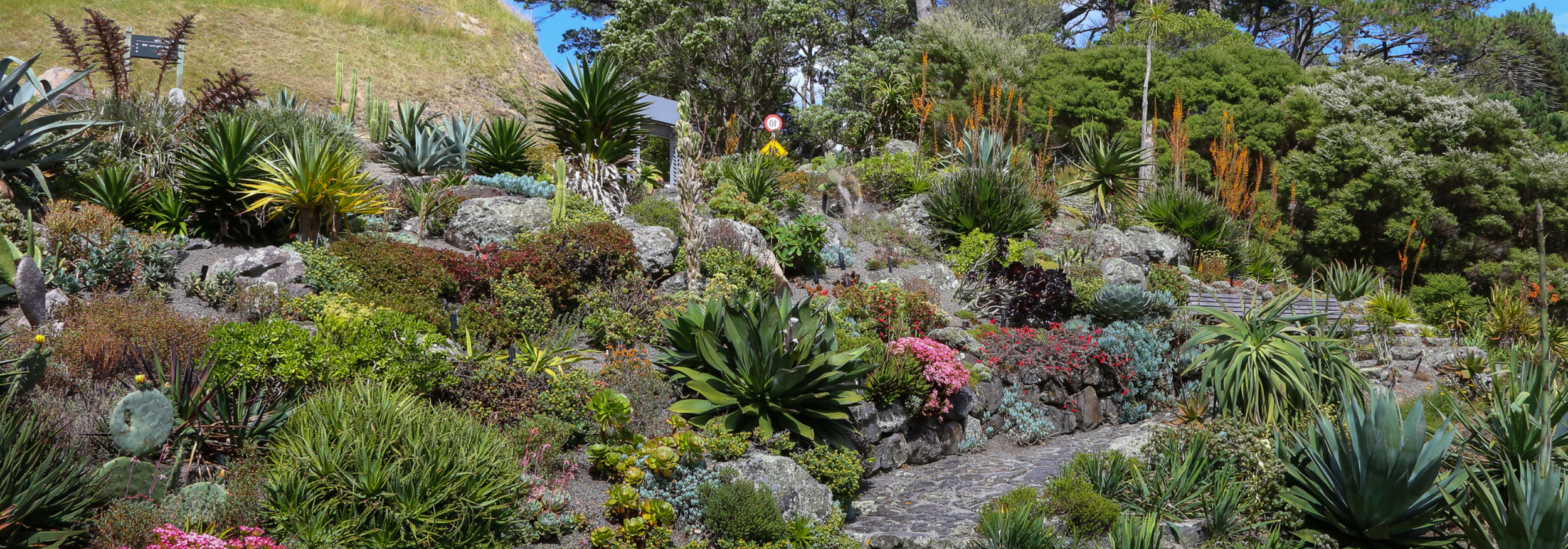Swara plains
Conservancy

This 20,000-acre former ranch shows off some of Africa best best-known beauty and wildlife; This protected area of savannah grasslands, yellow bark acacia woodlands, and seasonal wetlands, offers a rich ecosystem for a wide variety of species. The conservancy is home to an impressive array of wildlife, including giraffes, zebras, numerous species of antelope, and even some cheetahs. A recent inventory recorded 270 bird species. Visitors can enjoy bike rides as well as self-drive game drives.
Swara Plains Conservancy holds a crucial position as a wildlife dispersal area and acts as a wildlife corridor in support of the migrational needs of the animals between Nairobi National Park and Amboseli, Tsavo and Serengeti national parks.
In 2020 the private conservancy was partially integrated with the Nairobi National Park, the land now protected and dedicated to conservation as a Trust.
Some 35 km South West of Nairobi, along the Mombasa highway, lies the Swara Plains Conservancy.
In addition to wildlife conservation, Swara Plains also works with local Masaai herdsmen to use the conservancy as grazing land for their cattle. The conservancy strives to create a harmonious coexistence between the local communities people and wildlife, emphasizing the importance of sustainable practices in the region.
Swara Plains Conservancy is not only dedicated to the preservation of the more charismatic wildlife but also plays a crucial role in the protection of often-overlooked yet ecologically significant species, like vultures.
Recognising the essential role these scavengers play in maintaining the balance of the ecosystem, Swara Plains is part of a Vulture Protection Program. This program focuses on monitoring and safeguarding the various vulture species found in the region.
The Conservancy collaborates with ornithologists and conservation experts to track vulture populations and their behavior, as well as to understand the challenges they face, including habitat loss and poisoning from consuming carcasses laced with toxins.
Through community engagement and education, the vulture program raises awareness about the critical role vultures play in nature and their importance in maintaining ecological health. By promoting responsible farming practices that reduce poisoning risks and conserving vulture habitats, the project aims to contribute to the long-term survival of these often underappreciated yet vital birds.

Anzania’s location inside a wildlife conservation area, echos our connection to nature and our dedication to its preservation.




